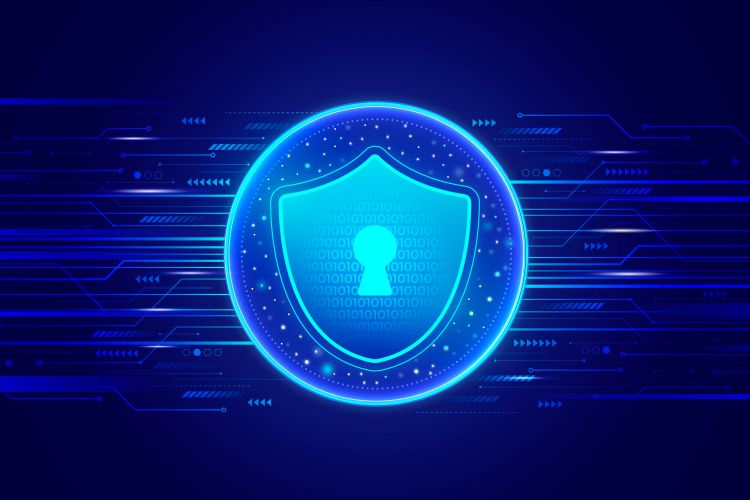Employee education on cyber security has turned into a noteworthy need for any company operating in today's digital world. The ability to teach staff basic cyber security skills has frequently been the deciding factor in whether a company is hacked or not.
Businesses should implement these basic computer security best practices in order to safeguard themselves and their customers, clients, and partners against cybercrime. Only a small portion of what you should do to strengthen your company's cyber defences is covered here.
● In order to keep your data safe, it is vital to examine your encryption software and stay up to date with the latest information. The number of tech thieves attempting to profit from the theft of personal information is increasing, making it imperative that you evaluate your cryptography apps sure it is up to date.
● When your information is transmitted from one organisation to another, it's critical to check the security of the third party from whence it came. Individuals who get and manage classified info on behalf of your organisation can be as protected as you want them to be, but your data and customers' classified data are still at risk.
● As a firm, your IT team should be your first barrier to attacking and defending. Investing in your IT organisation is vital. People on your IT staff must be taught and kept up to date on the most recent information on cyber-attacks and other potential problems. In order to maintain a strong security strategy, you should hold meetings with your Technology staff and engage in the greatest options for them.
● It's important to keep an eye on your backups and make sure they're working properly. It's critical to keep your data backed up, but it's also an essential part of a malware preparedness assessment. It's half the battle over malware hackers if your backup solutions are safe and your backup procedures are failsafe, so you'll have accessibility to your own information.

A business's identification procedures should always be documented and employees' use of particular systems should be done in accordance so that they are not being misused. Identification methods should be as secure as possible, and a history of who has what rights within a company are critical. It is imperative that those who have access to sensitive information are closely supervised and educated.
As a security-focused company, you've undoubtedly already emphasised the need of using long encryption for your employees. However, it's important to keep stressing this point. One part of effective cybersecurity hygiene, however, necessitates constant reinforcement.
● Often, a single leaked credential is all it takes for fraudsters to launch major attacks on large corporations. Multi-factor identification should also be made mandatory for all users of systems or corporate clients. This provides an additional level of safety that cannot be overstated.
● Finally, antivirus training is essential not only for permanent employees but also for IT staff and everyone else in the company's management. Network security knowledge and data breach response training should be provided to all employees at your firm.
● Every employee must be informed of their specific duties and functions when it relates to a cybersecurity awareness campaign. They need to be aware of the dangers of clicking on harmful links, strange emails, or pop-ups that appear to be suspicious. Most account breaches and extortion assaults are the results of that and other spamming techniques.
This education must be accompanied by cyber crisis scenario test seminars for all of the various parties involved in the incident management strategy. Participants are compelled to act and think like they would in the event of a cyber attack in these workshops, which mimic a cyberattack (or any other cyberattack).